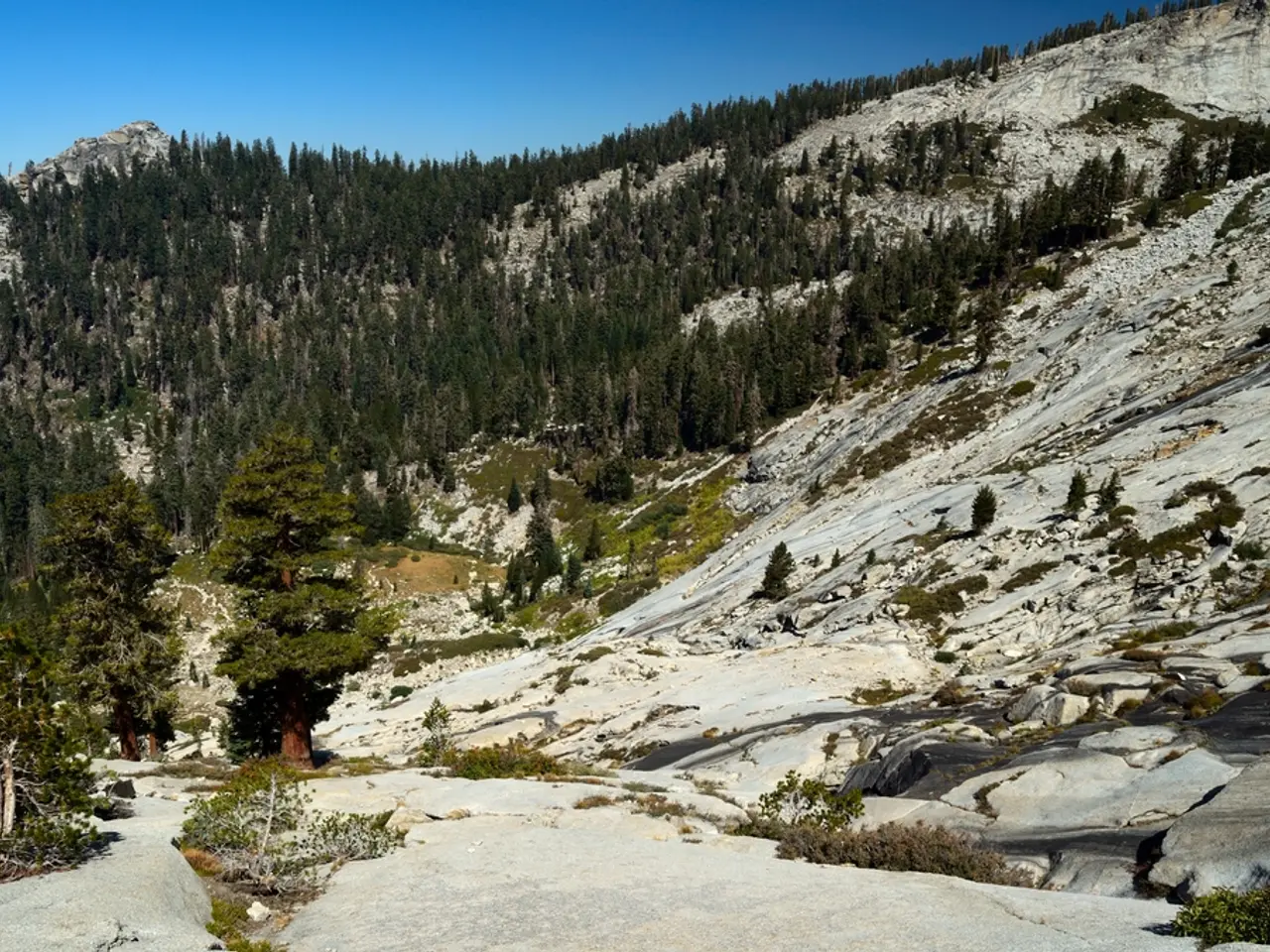High Court Issues Final Decisions Concluding Their Term
Article:
The Supreme Court's Scorching Verdict on Birthright Citizenship: A Dive into the Ruling
Steve Inskeep, Carrie Johnson, and Nina Totenberg embark on an insightful journey, dissecting the Supreme Court's ruling on birthright citizenship and other cases.
Sifting Through the Smoke
The recent Supreme Court rulings on birthright citizenship catch our attention, as they entwine with the Trump administration's executive order targeting the constitutional guarantee of citizenship to anyone born in the U.S., irrespective of their parents' immigration status. The 14th Amendment's protection was under scrutiny, with the lower courts facing heated discussions and political at stake.
The Nitty-Gritty
Firstly, it's important to recognize that the Trump administration received a partial triumph, with the Supreme Court's 6-3 conservative majority decision limiting the scope of nationwide injunctions issued by federal courts that impeded the executive order on birthright citizenship. In essence, lower courts lack authority to apply such injunctions nationwide and should instead limit relief only to the parties involved or in a formal class action case.
However, the Court did not settle the substance of the executive order's legality or constitutionality. The case's focus was on the procedural question of federal courts' authority to enforce nationwide injunctions. Justice Amy Coney Barrett, writing for the majority, asserted that federal courts' role is to resolve specific cases and controversies according to the authority Congress provides, criticizing the practice of courts broadly blocking executive policies across the U.S. beyond the parties in the case.
Justice Sonia Sotomayor, in a strong dissent, expressed grave concerns about the executive order's constitutionality, asserting it violates the 14th Amendment's Citizenship Clause. The dissent underscores the potential for executive overreach and undermining civil rights.
The Big Question: But What Does It All Mean?
Though the ruling didn't settle the constitutional question of whether the president can nullify the 14th Amendment's birthright citizenship guarantee, it significantly narrowed the judicial mechanism (nationwide injunctions) previously utilized to halt the policy across the U.S. Consequently, the order's implementation could proceed in certain areas or against specific individuals, pending further litigation.
The decision has profound implications, as it curbs a powerful tool used by lower courts to uniformly block federal government policies, potentially leading to a mosaic of enforcement and rulings dependent on locality and individual lawsuits. In essence, the legal landscape has shifted.
As this is an evolving issue, the Supreme Court may revisit the constitutionality of the birthright citizenship executive order in the near future, as lower courts continue to hear challenges. The ideological splits on federal power and constitutional protections for immigrants are evident, with the dissent highlighting concerns about undermining civil rights.
So, buckle up, folks. The battle for birthright citizenship invokes the essence of our democracy, and the Supreme Court's verdict has just added another chapter to this captivating saga.
- The Supreme Court's decision has indexed a significant shift in the legal landscape, as it narrowed the use of nationwide injunctions, a tool previously employed by lower courts to uniformly block federal government policies related to the birthright citizenship executive order.
- The general-news that surfaced after the Supreme Court's ruling on birthright citizenship highlighted the ideological splits amongst the justices, with the majority decision echoing concerns about executive overreach and the dissent underscoring potential civil rights violations.







